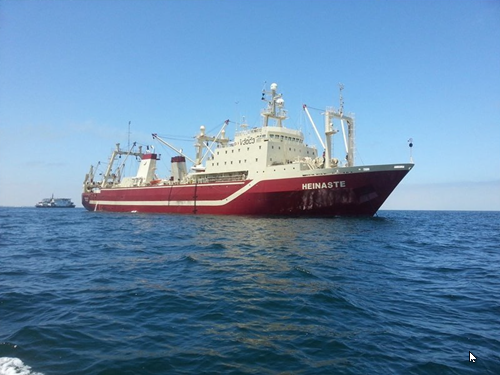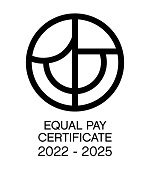Old news about operations in Namibia
Finance Uncovered published a story yesterday about the operations of companies affiliated with Samherji in Namibia. To a large extent, the story consists of recycled, previously published material.
Samherji has been corresponding with Finance Uncovered over the past three months. Finance Uncovered has emphasized that they are not accusing Samherji of anything illegal and it is important to underline the fact that Samherji is not accused of tax evasion in the article that was published yesterday. Some elements of the group's tax planning methods are put in a negative context and portrayed as abnormal.
We are highly critical of this portrayal by Finance Uncovered and the work that has led up to the published article. There are several factual errors in the story and issues that need to be clarified.
Firstly, Samherji has never sold sardines or mackerel to the retail-chains Carrefour and Tesco, and Samherji has never caught sardines in Namibian waters. That was in Morocco for a brief period of time.
Secondly, intra-company sales of fish products through Cyprus only occurred in 2012, during the first year of operations in Namibia, when companies affiliated with Samherji were building relationships and partners in the country. The numbers in the story regarding the discount are incorrect. The average mark-up in sales through Cyprus was 3,9% in 2012.
Thirdly, statements regarding the charter agreement with Atlantex for a vessel used in the operations in Namibia need to be corrected. The vessel in question was chartered from Atlantex for a brief period under a time charter or full-service lease, similar to wet-lease used in aviation. Included in the charter fee was equipment, oil, maintenance services etc. As correctly stated in the story, the charter fee was reduced after four and a half months, and Atlantex made a net income equivalent to only a 6 per cent mark-up.
Fourthly, the total taxes paid in Namibia over the years by entities Samherji was invested in, including income tax, employee tax, export levies, import levies, social security and a number of other payments made to the Namibian state, exceeded 400 million Namibian dollars. That is remarkable in itself, considering that Samherji's operations in Namibia were ultimately unprofitable/loss-making.
Standard practice is made suspicious
Many of Finance Uncovered's allegations have revealed complete misunderstandings of international business operations. They have ignored the obvious fact that multinational companies use specific subsidiaries and structures to minimize the spread of legal, tax and operational risk. Completely legitimate; well-founded commercially and standard structures are all read in light of alleged questionable tax planning.
The above statements do not mean that we disregard the possibility of historic mistakes in our subsidiaries' Namibian operations. So on top of ceasing all operations in Namibia last year, and on top of putting massive efforts and resources into investigating the allegations we were faced with in 2019, the Samherji group already in January this year launched plans to build a state-of-the-art, group-wide compliance program that is aimed at making us a global leader within compliance, governance and internal control in the fisheries industry. Finance Uncovered's pursuit does not alter or have any impact on these ambitions.
Björgólfur Jóhannsson
co-CEO of Samherji


